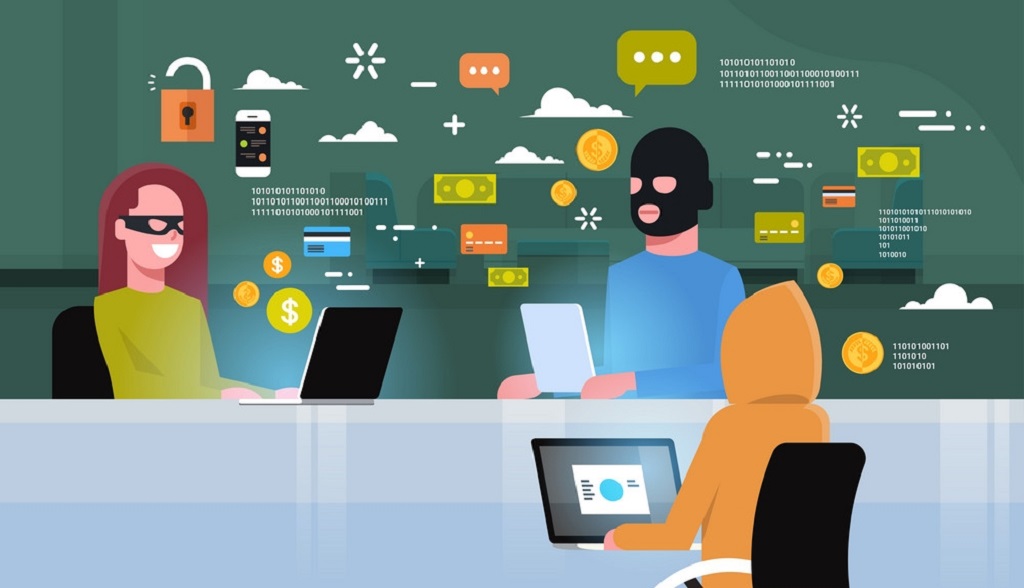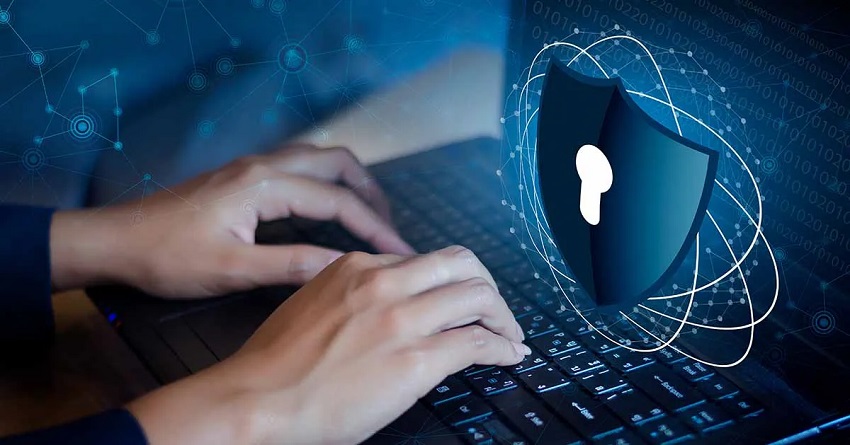
Four Security Mistakes You Should Avoid Making
Although revolutionary, the ease and convenience of information dissemination online also present several security threats. Many unknowingly engage in risky online activities.
In fact, you’re probably making some major security and privacy errors on the internet right now. Here’s what to do about it, brought to you by casinoscout casino, where you can get all the various casino platforms.
Divulging Too Much Information on Social Media
For many people, social media serves as a creative outlet. They can share their inner thoughts, post daily experiences, or even create an entirely different persona online. It’s a fun, fulfilling form of self-expression.
While sharing on social media helps you find like-minded individuals, it also puts you at risk of identity theft. Your profile contains sensitive Personally Identifiable Information (PII). Hackers can do sizable damage with the quasi-identifiers on About Me pages, e.g. race, gender, home address, contact number, or birthdate.
Overlooking Data Backup on Crucial Files
Many people are guilty of ignoring data backups. They find the process tedious and would rather avoid it altogether. Creating file duplicates could take anywhere from a few seconds to over an hour, depending on their sizes.
While the process sounds unappealing, it’s essential. Data backup solutions help combat several cybersecurity threats, including data breaches, ransomware attacks, IT system failure, and data corruption. Personal and work files alike need backups, even your games at https://www.casinoclic.com/fr/jeux-casino needs backups, so don’t sleep on them.
Instead of delaying backing up your data, explore ways you can overcome bottlenecks and hurdles in the process. Focus on speeding up file duplication and migration. You could automate migration via secure cloud storage systems, use lightweight data backup programs that run in the background, and delete redundant files.
Blindly Trusting Free VPN Service Providers
People typically use free VPNs for accessibility and cost efficiency. Instead of paying for a premium VPN, you’ll rarely run, you might just download and install free alternatives as needed. Setting up an account takes minutes. You could even make new ones every time you come across geo-restricted content.
Although free VPNs are convenient, they also have security risks. With relatively weaker encryption keys and recycled dirty IP addresses, they won’t hide your online identity effectively. Skilled cybercriminals can work around basic encryption and encapsulation methods.
Don’t get us wrong—you can still use widely trusted, reliable free VPNs, but understand their limitations. They’re great for bypassing geo-restrictions. But you should consider more sophisticated, premium options for securing your online identity.
Failing to Limit Access to Specific Files
Data management heavily relies on file access control. Regulating who accesses your data and how they modify it prevents data breaches. After all, cybersecurity threats like theft, account takeovers, and accidental exposure often stem from unauthorized access.
Despite the importance of access control, many tend to overlook it. They’re unaware of the severity of account takeovers or inconvenienced by the steps involved with setting permissions.
As a rule of thumb, set your documents to private by default. Make a habit of adjusting user accessibility when sharing files, whether for work or personal purposes. Only grant access permission to authorized users.





